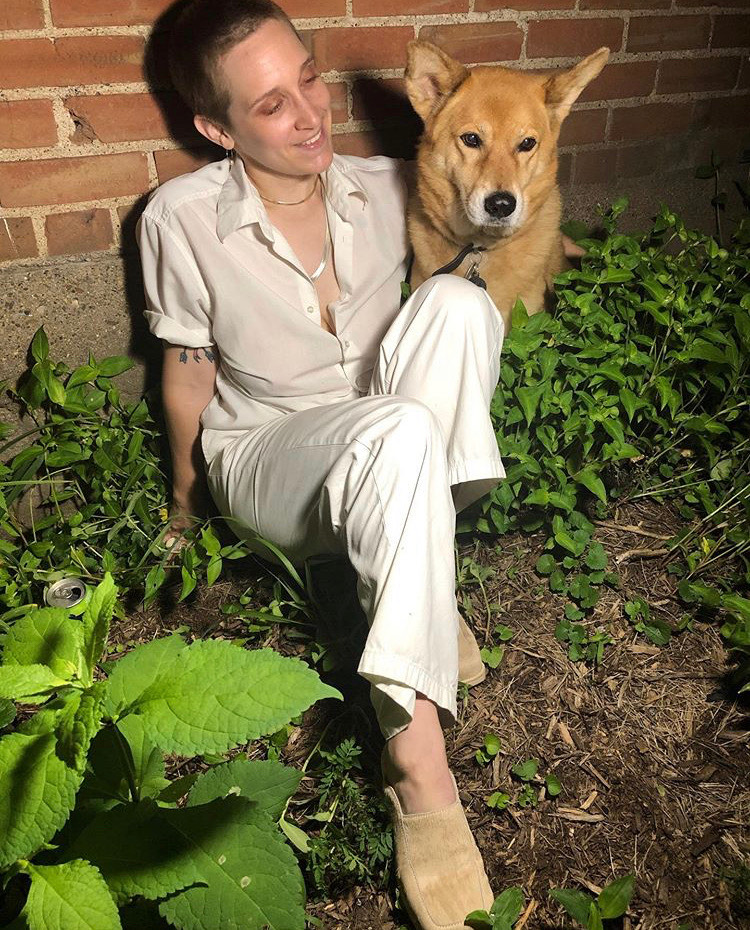
I had just unexpectedly left my beloved home in New York City and holed up in a new temporary home when Ari Braverman’s novel, The Ballad of Big Feeling appeared in the mist surrounding my unfamiliar mailbox. Without the grounding spirits of the familiar characters I’d regularly see in the subway station on the corner, the warm oddball jokes made by the woman at my juice bar, or the funny bearded dog who circled my block and always panted for chin-scratches, I felt forcibly divorced from my place. While every minute spent watching news or social media seemed more bombastic than the last, inside myself the days seemed to pass into being almost indistinguishable from one another. The only thing that marked one cup of tea from the next was so subtle it was invisible to anyone who wasn’t myself.
You have reached your article limit
Sign up for a digital subscription and continue reading all new issues, plus our entire archives, for just $1.50/month.
Already a subscriber? Sign in




